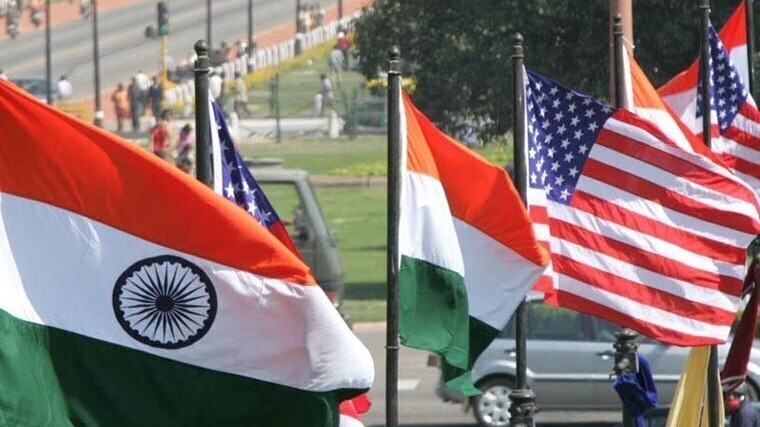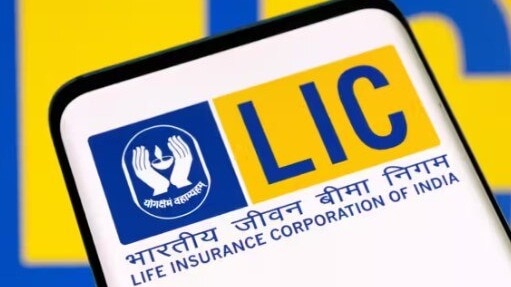A high-level Indian commerce ministry delegation has arrived in Washington for a fresh round of talks on the proposed bilateral trade agreement (BTA) with the United States. The four-day talks began Monday and are expected to continue until Thursday. India’s chief negotiator and special secretary in the Department of Commerce, Rajesh Agrawal, is scheduled to join the team on Wednesday, an official told news agency PTI.
The latest visit marks the continuation of negotiations that began last month, with talks held in Washington between June 26 and July 2. According to the official, this phase of negotiations will focus on ironing out outstanding issues in key sectors, including agriculture, dairy, steel, aluminium, and automobiles.
India’s deputy chief negotiator is already in Washington and participating in the first-phase discussions. “We are not differentiating between an interim or the first phase of the bilateral trade agreement. We are negotiating a complete deal. Whatever will be finished, we can package it as an interim deal and for the rest, talks will continue,” a senior official had said last week.
The talks come at a critical time, with the US having postponed the imposition of additional tariffs on several countries, including India, until August 1. Originally announced by US President Donald Trump on April 2, the tariffs were first deferred to July 9, and later pushed to August 1. The Trump administration began issuing tariff notification letters from July 7 to several trading partners, including Japan, South Korea, Malaysia, South Africa, and others.
India has firmly opposed US demands for duty concessions on dairy and agriculture, citing its long-standing position of not offering dairy tariff concessions under any of its free trade agreements. India is also seeking removal or reduction of steep US tariffs – 26 per cent on select agricultural items, 50 per cent on steel and aluminium, and 25 per cent on automobiles.
On its part, the US is pushing for tariff relief on a range of products, including industrial goods, automobiles (especially electric vehicles), wines, petrochemicals, dairy items, apples, tree nuts, and genetically modified crops.
In response, India is seeking greater market access and duty concessions for labour-intensive exports such as textiles, garments, leather goods, gems and jewellery, plastics, chemicals, shrimp, oil seeds, grapes, and bananas.
Both countries are aiming to wrap up negotiations on the first tranche of the BTA by fall (September–October). Until then, they are exploring the possibility of a limited interim agreement.
India’s merchandise exports to the US grew 21.78 per cent to $17.25 billion in April-May of the current fiscal, while imports from the US increased 25.8 per cent to $8.87 billion.
(With inputs from PTI)








